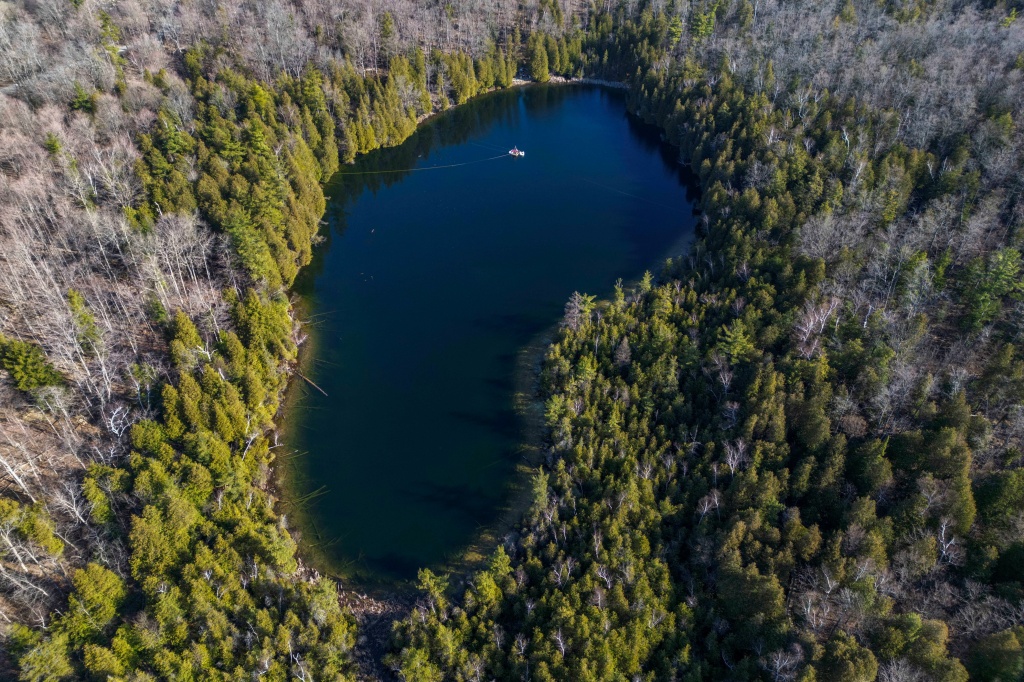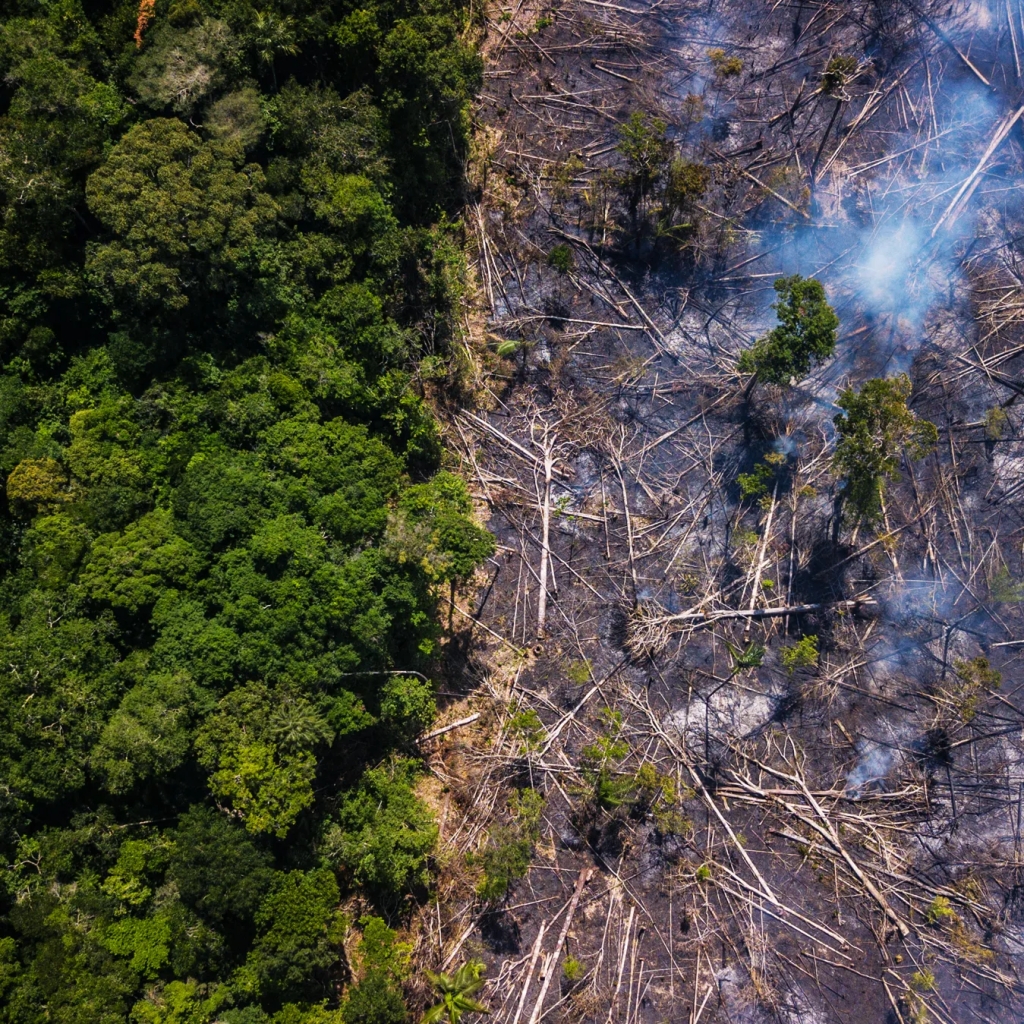The history of the Earth spans for 4.6 billion years, and something called the geologic time scale helps scientists track how time progresses. By studying rock layers, called stratigraphy, geologists are able to determine the age of different layers of rock. This helps to piece together the geologic time scale, divided into eons, eras, periods, and epochs. The Holocene Epoch, starting from around 11,700 years ago, is what some believe to be the current epoch in time. However, the term “Anthropocene Epoch” is being disputed by scientists over its place as a new era based on human activity.
The term “anthropo” means human. The Anthropocene Epoch is exactly this, defining itself as the time when humans began impacting the ecosystems on Earth. In the year 2000, biologist Eugene Stormer and chemist Paul Crutzen popularized this term. However, others believe that this new Epoch doesn’t exist at all because humans have been spread throughout the Earth before even the Holocene Epoch. According to National Geographic, the International Union of Geological Sciences or IUGS needs to answer if humans have changed the Earth enough to be seen through the rock strata, or layers of rock in the Earth which are used to measure time.
Some believe that the start of this epoch began when nuclear bombs were being tested and scattered radioactive fallout throughout the world in the mid-20th century. Other factors from urbanization like releasing greenhouse gases, producing plastic, and increased extinctions of species could also mark how humans have impacted the Earth creating this new epoch. Members within the International Commission on Stratigraphy or ICS in the IUGS decided to investigate evidence proving that the Anthropocene is a valid epoch. They visited Crawford Lake in Ontario, Canada and found plutonium from bomb testing in the lake sediment at the bottom of the lake, demonstrating a geochemical change.
However, colonialism is believed to play a role in deciding the validity of this Epoch because some believe it is linked to it. Colonizers have made significant detrimental impacts on the environment with clearing forests and causing species extinction for plantations and cash crops. This is part of the human impact and change of the new epoch. Also, the term of the epoch itself is called Eurocentric and unfair because it represents an overall “humankind” change, while only more of the developed countries are the ones really impacting the Earth rather than less developed ones still suffering from the effects of colonialism.
In the end, the IUGS did not decide on whether or not the Anthropocene is a new epoch because a formal starting date was not approved by a committee. Some would rather describe it instead as an “event” or believe it needs to be later put onto the Earth’s timeline. Even though it is important to classify where our impact on the planet stands, it is more important to recognize that our footprint definitely exists. Rather than focusing on dominating the environment, we need to live in harmony with it. We must not exclude countries suffering the most from the climate crisis so that they can be represented fairly in history. Going forward, we as humans need to learn how to better live with our environment and deal with the irreversible changes we have made.
References
https://education.nationalgeographic.org/resource/anthropocene/
https://www.nature.com/articles/d41586-024-00815-0
https://ucmp.berkeley.edu/quaternary/holocene.php
https://www.nytimes.com/2024/03/05/climate/anthropocene-epoch-vote-rejected.html




Leave a comment